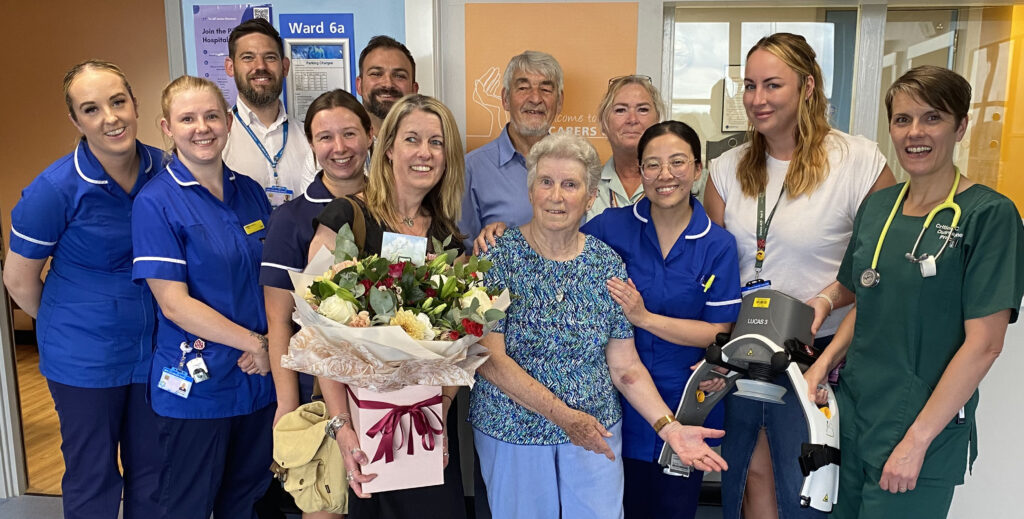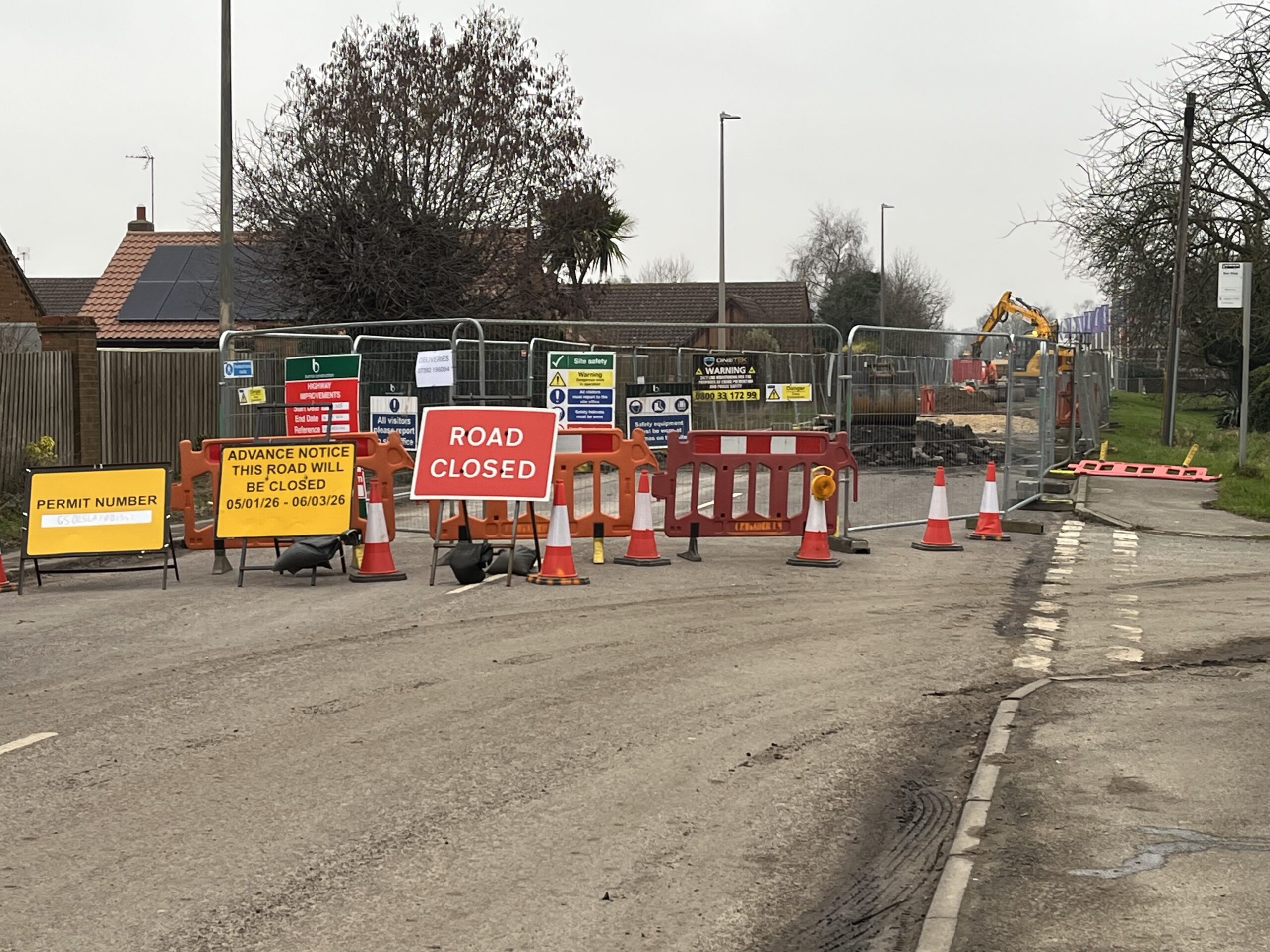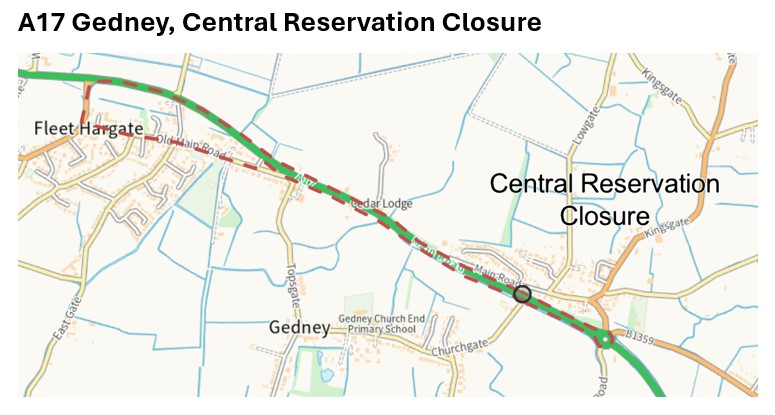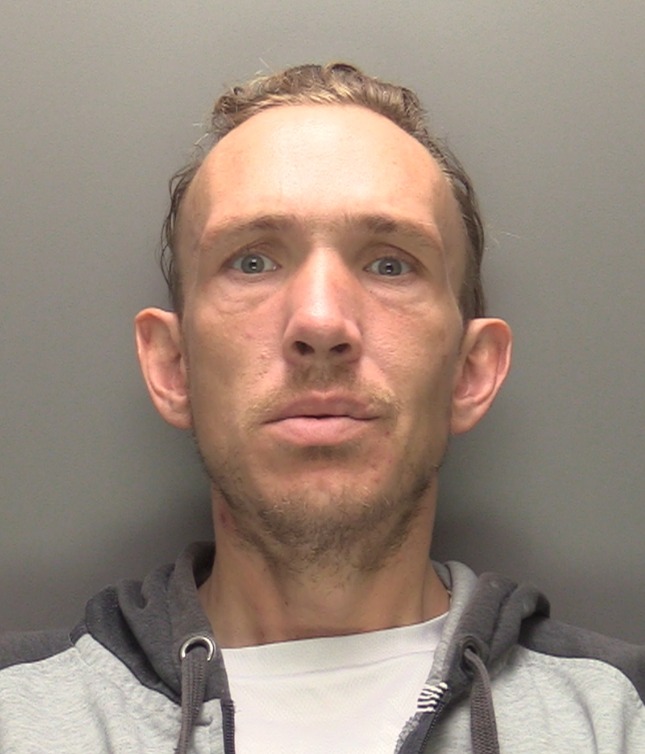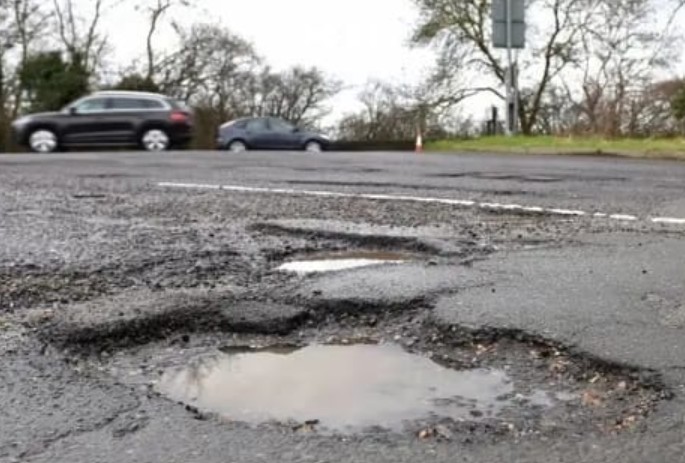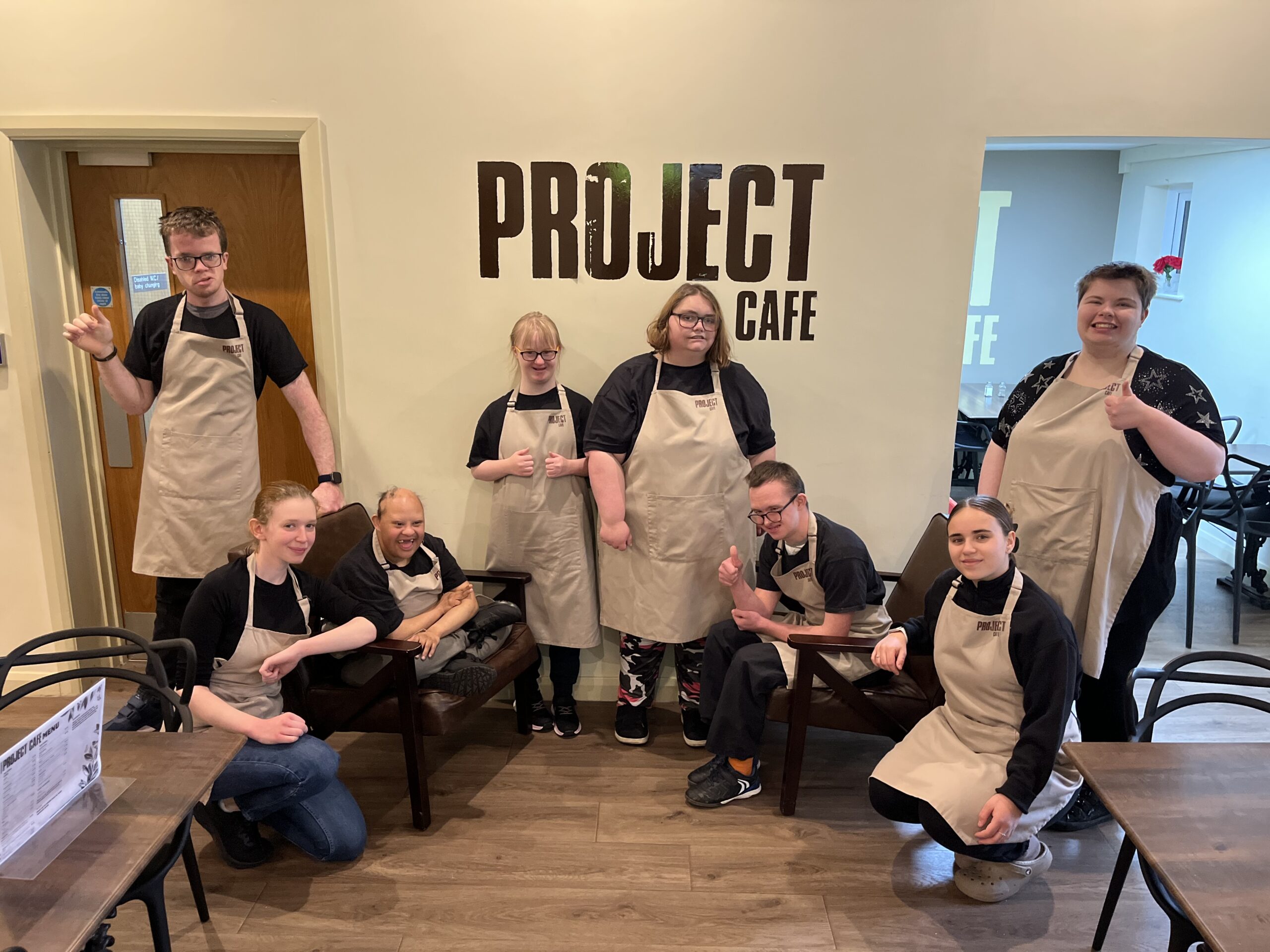A Holbeach woman and her partner have donated £10,000 towards a hospital that saved her life.
Maureen and Robert Macdonald have say they wanted to say thank you to the team at Pilgrim Hospital who resuscitated her in April.
Maureen suffers from atrial fibrillation (AF), a heart condition that causes an irregular and often abnormally fast heart rate.
As a result she has had several visits to the Emergency Department at Pilgrim and to the Acute Cardiac Unit.
Maureen said: “I have AF and I cannot control it. I have also had a pacemaker and four stents fitted. Sometimes my heart rhythm just flips out and there is nothing I can do. It is just so exhausting and makes me so tired.
“I have had several trips to the hospital and stays on the Acute Cardiac Unit. I can honestly say they are the most amazing team. I owe them my life, without them I would not be here today.”
On Friday April 5, Maureen’s heart stopped while she was in hospital. Staff on the unit were joined by the Critical Care Outreach team who all worked together to perform CPR and successfully resuscitated Maureen.
Maureen said: “The only thing I can remember is that as I came back, deputy sister Molly Parker was holding my hand and telling me that everything was going to be OK.
“Thanks to all of their efforts and care I was then able to attend my daughter Zoe’s wedding just a couple of months later. They gave me the gift of life and time. How can you put a price on that? Thank you just didn’t seem enough.”
Towards the end of April staff at the hospital held a 12 hour CPR-a-thon to raise funds to purchase a machine that performs mechanical chest compressions if a person has a cardiac arrest and CPR is prolonged.
The hospital already had a LUCAS CPR Chest Compression System machine within the Emergency Department to help to resuscitate patients, however on occasions this had not been available for use in other parts of the hospital. So the team organised the event which saw members of the Critical Care Outreach Team, the Hospital Out of Hours Team, the Acute Cardiac Unit Team and the Intensive Care Unit Team performing CPR for 12 hours non-stop on a mannequin.
Maureen heard about the event and had a chat with Robert.
She said: “I asked him what price he would put on my life? And when I suggested £10,000 he completely agreed that we would fund the device and donate the money.”
Robert added: “They have given us everything. As the saying goes ‘you cannot take it with you when you go’ and so we didn’t think twice. We just hope that it helps this amazing team to save even more lives, just like they did with Maureen.”
The couple are both aged 82 have been married for 62 years. They met at school and have two children and two grandchildren. Their daughter Zoe joined them on the visit to the hospital.
Acute Cardiac Unit sister, Chelsea Spencer, said: “I am the proudest sister in the whole hospital. It is so special to see Maureen well today and not needing our care. We are all so moved and grateful for this amazing donation from the Macdonalds. But the best gift of all is getting to see Maureen as a visitor and not as a patient.”
Critical Care Outreach Advanced Clinical Practitioner, Hayley Head, organised the CPR-a-thon. She said: “Robert and Maureen’s support will help us to save lives. We couldn’t believe it when we heard all of the money had been raised. It was so emotional for all of us and when we realised it had come from the Macdonalds we were all so moved. They are an amazing couple and we have named this device ‘the Macs’ in recognition of their amazing generosity.”
The couple donated the money to the United Lincolnshire Hospitals Charity who then used the funds to purchase the device.
Fundraiser Gary Burr said: “Robert and Maureen are an amazing couple. In life you meet certain people who leave an imprint on your heart and they have certainly done that on the unit and within our charity team. They are like a ray of sunshine who bring joy and laughter wherever they go. We will never be able to thank them enough for their amazing generosity.”
A couple of days after the visit, ‘the Macs’ was used for the first time and helped to save a patient’s life.

